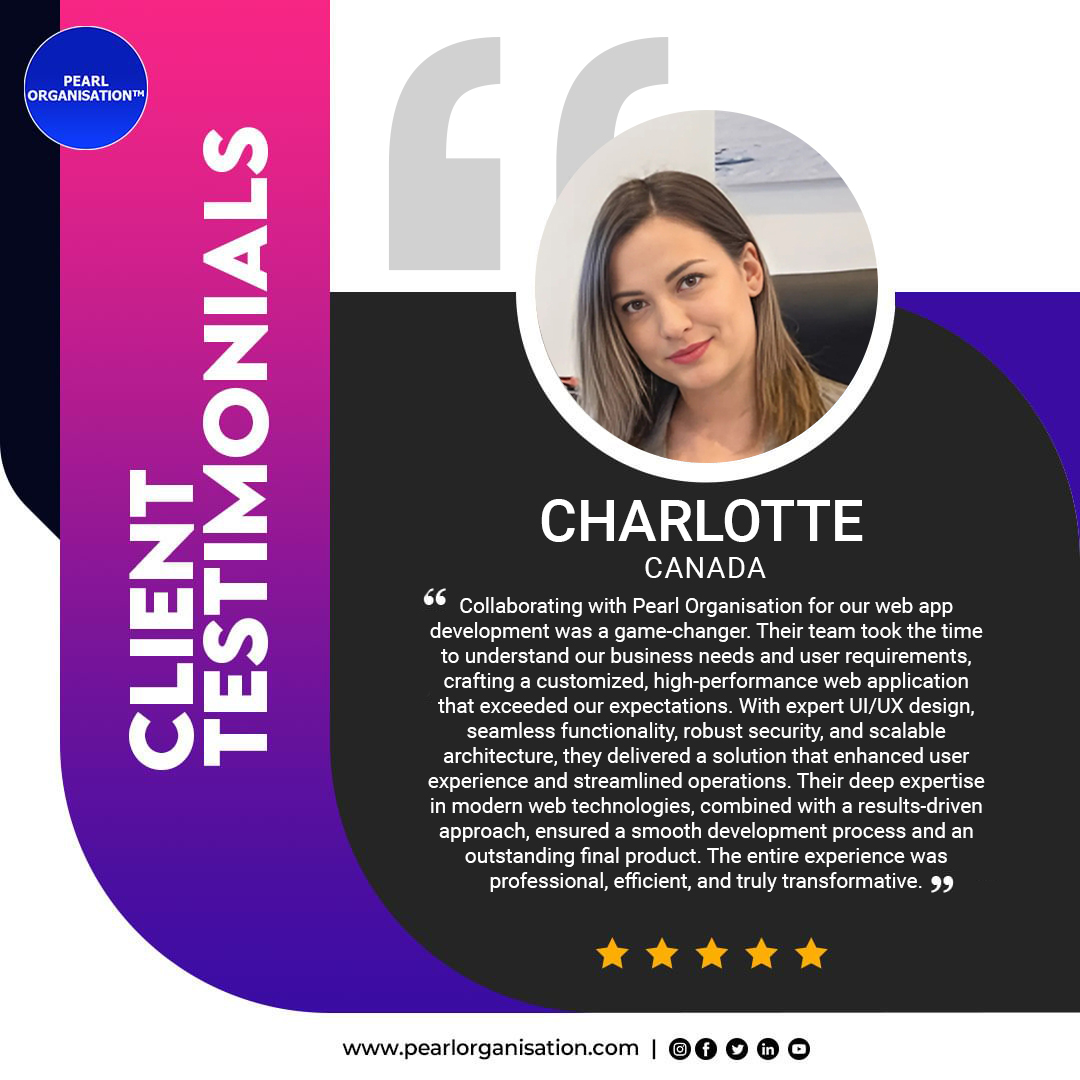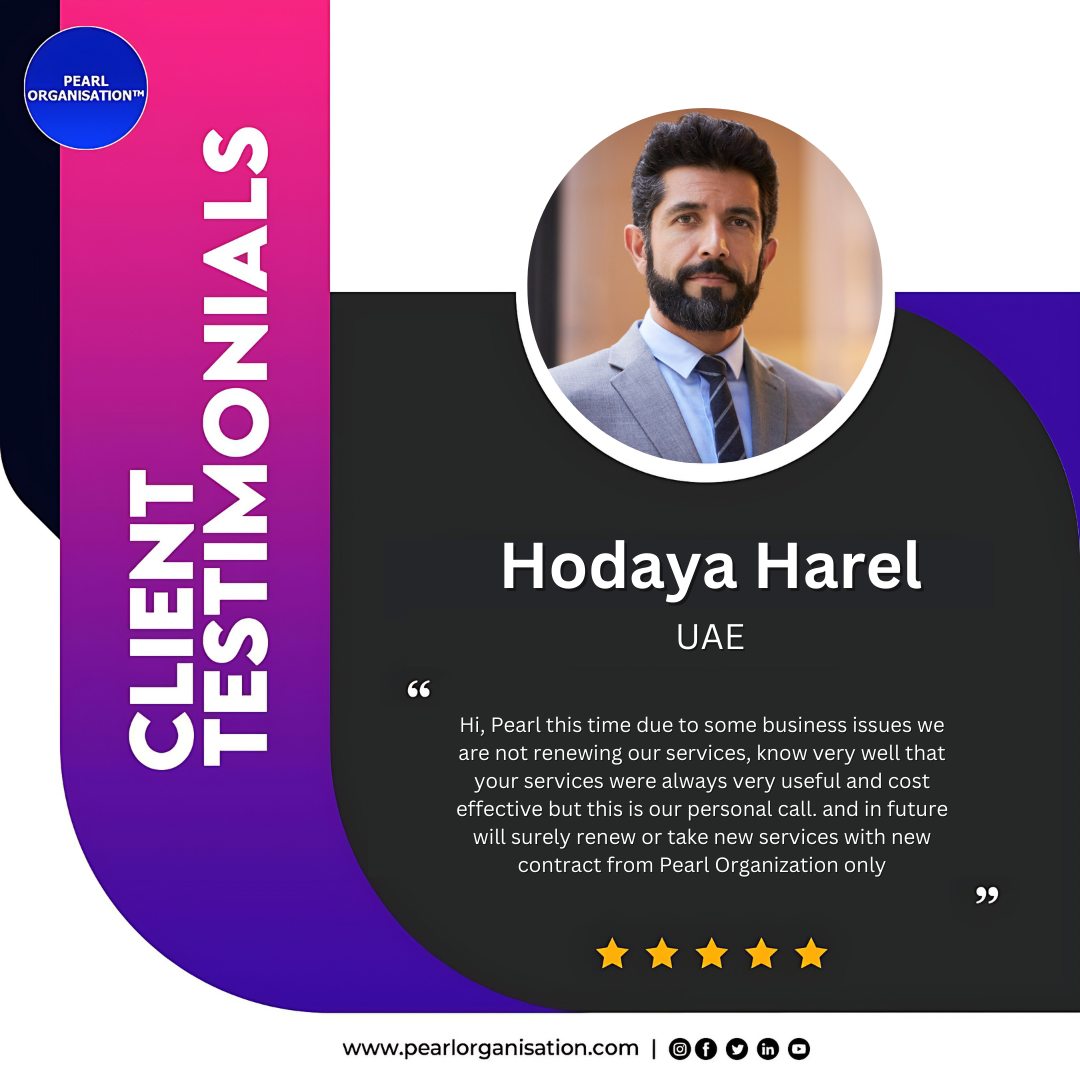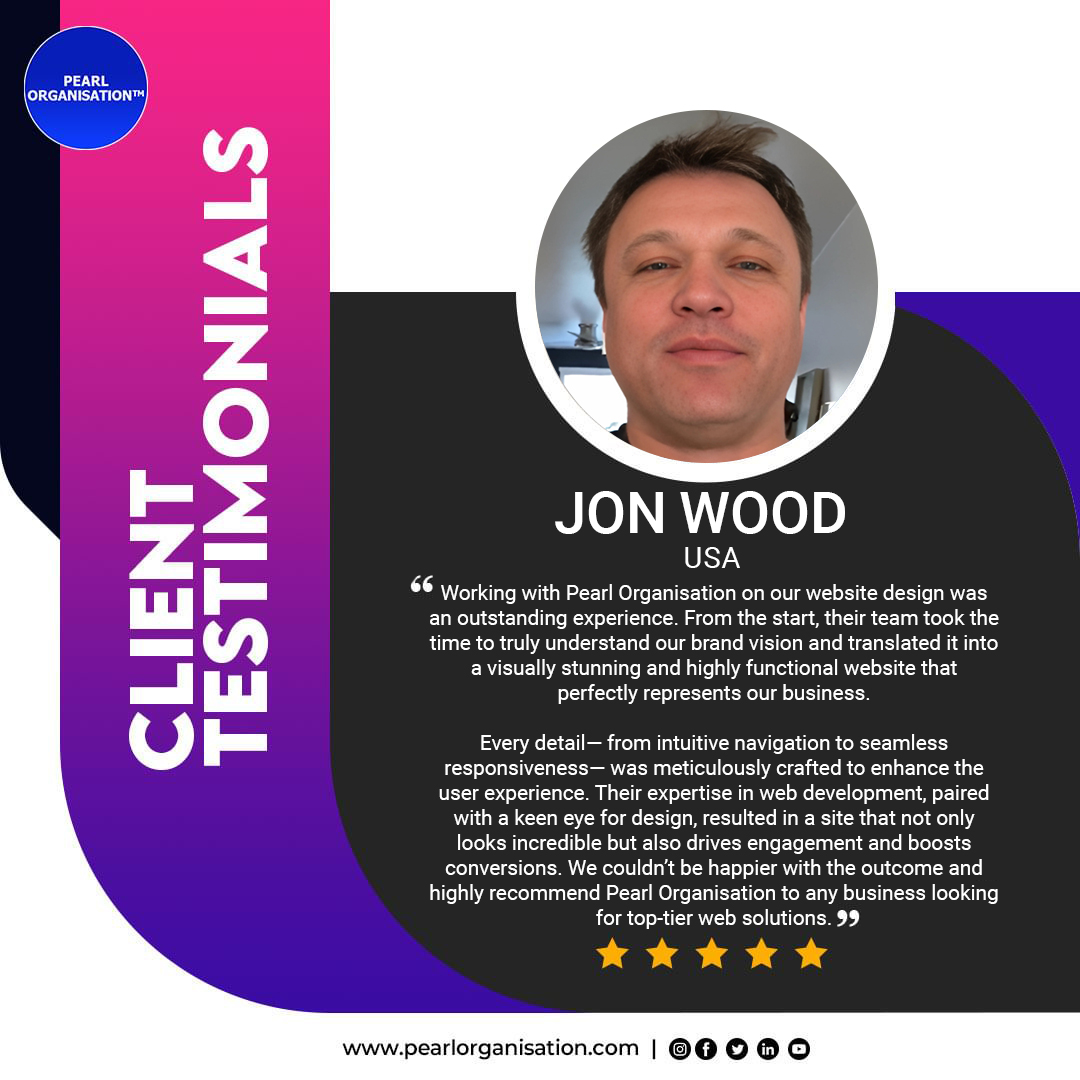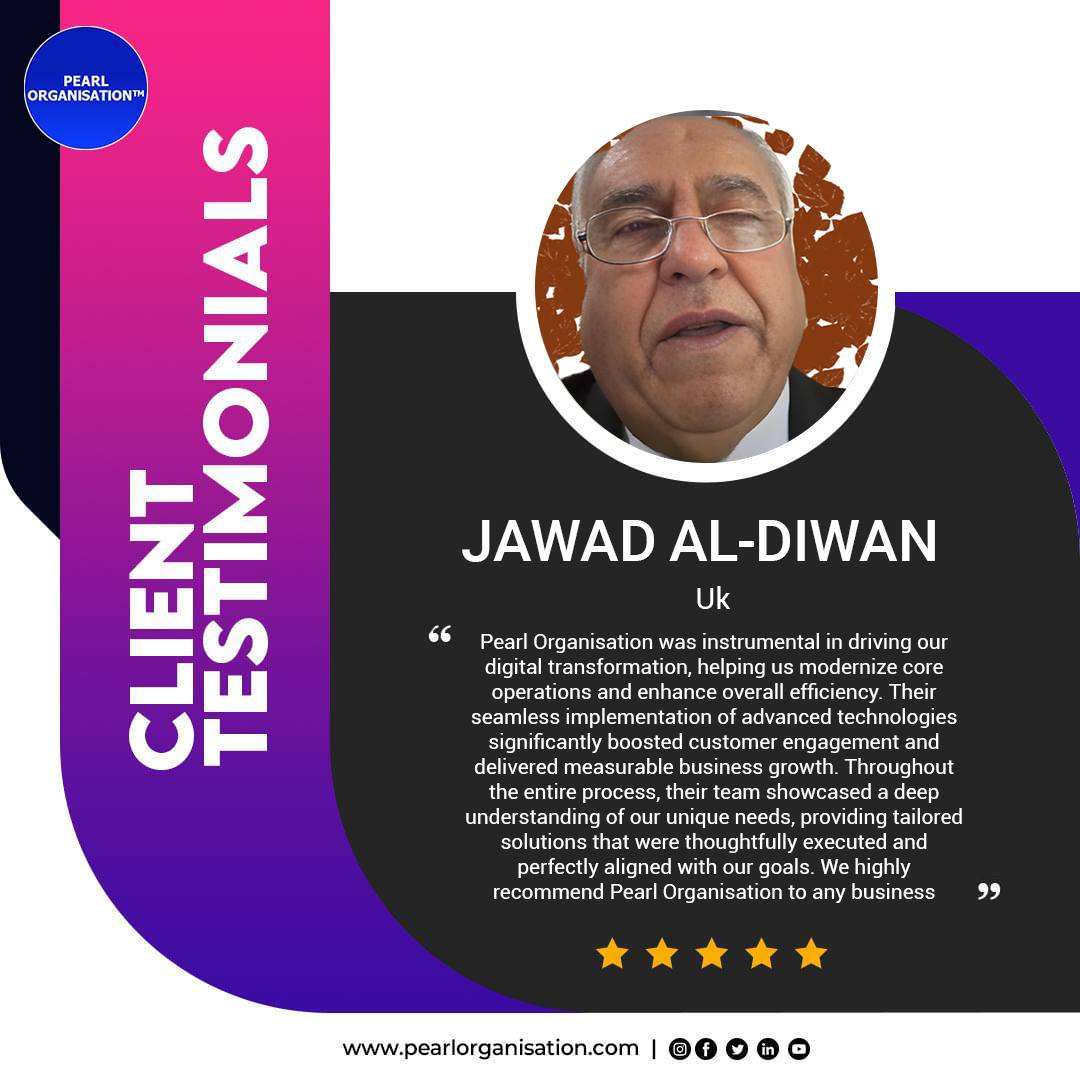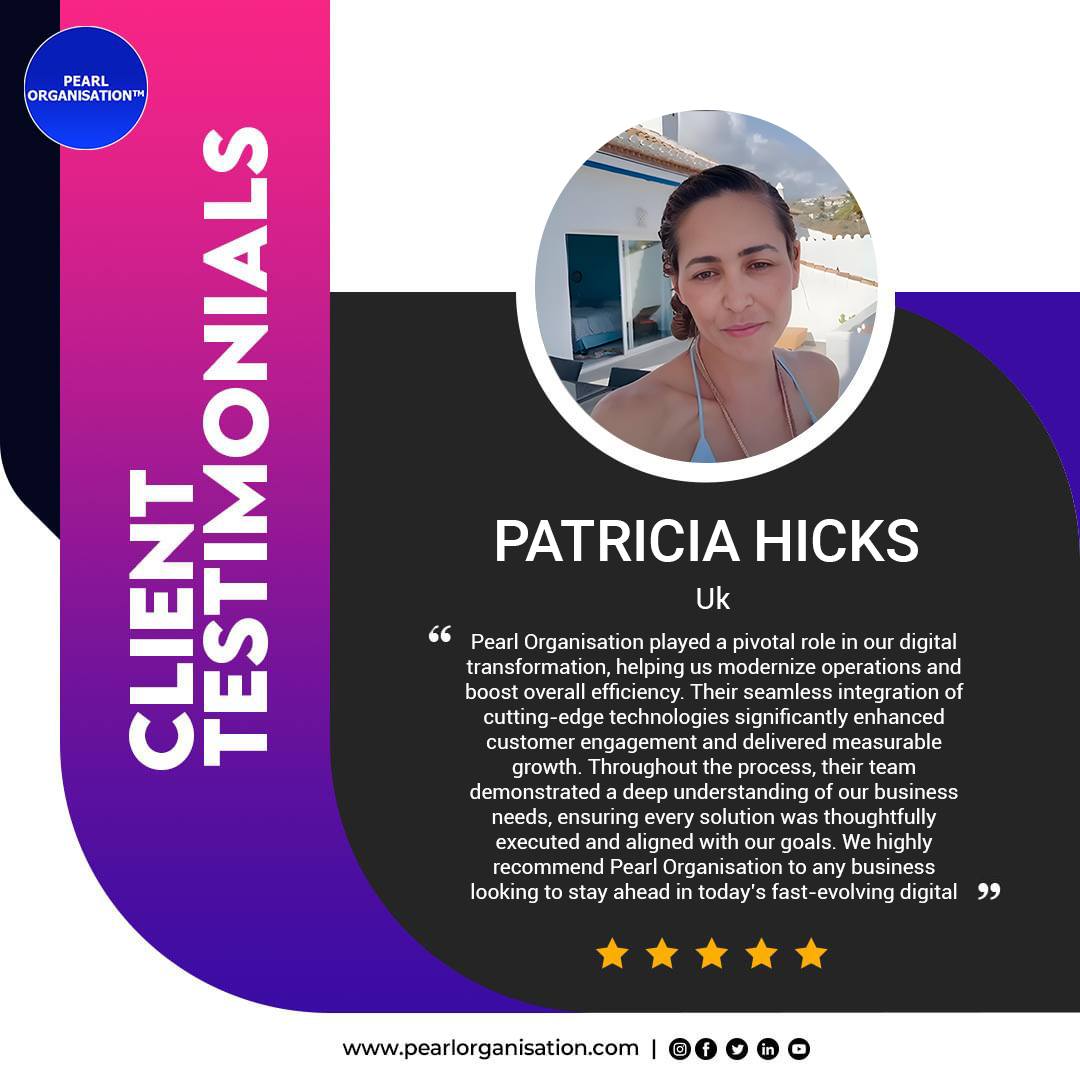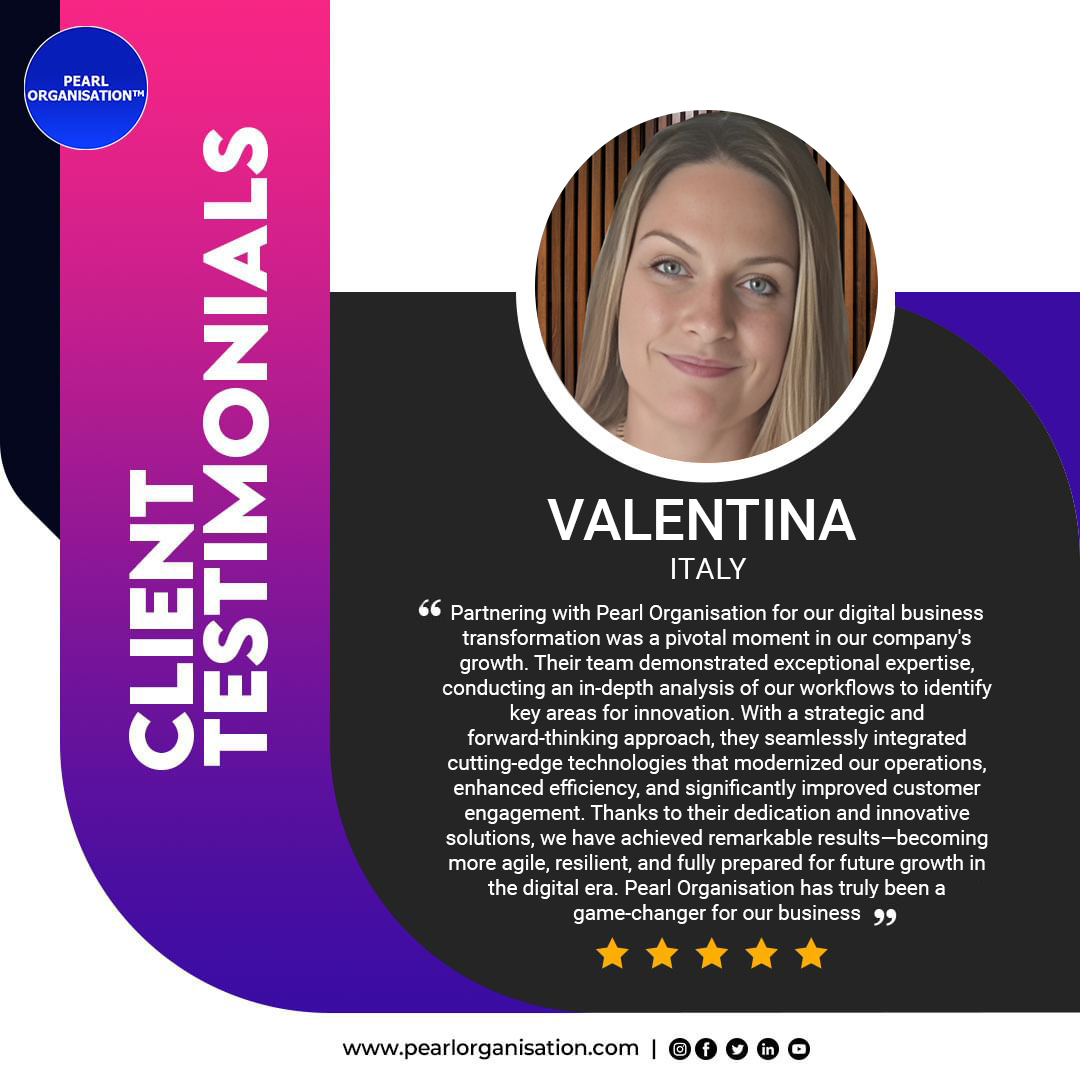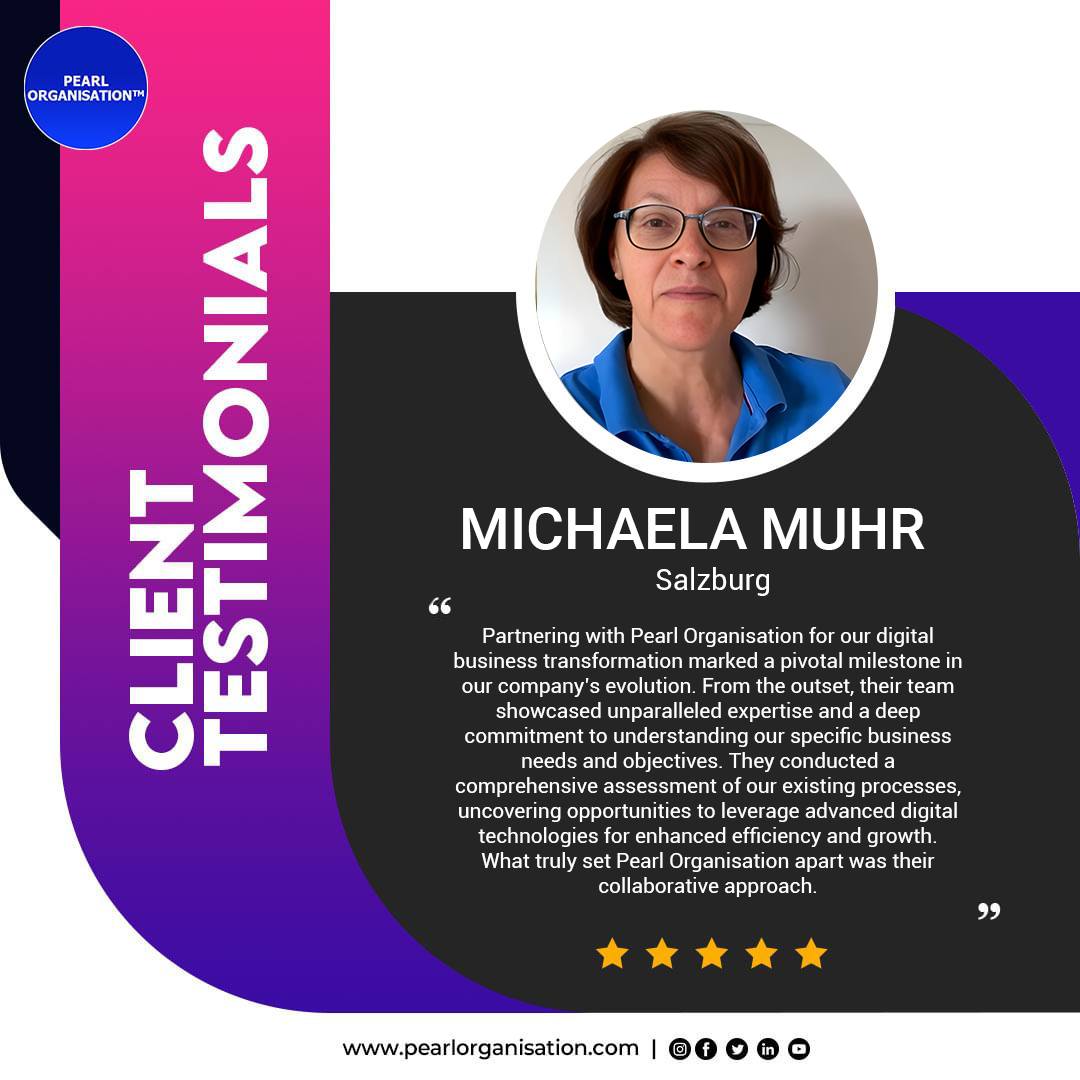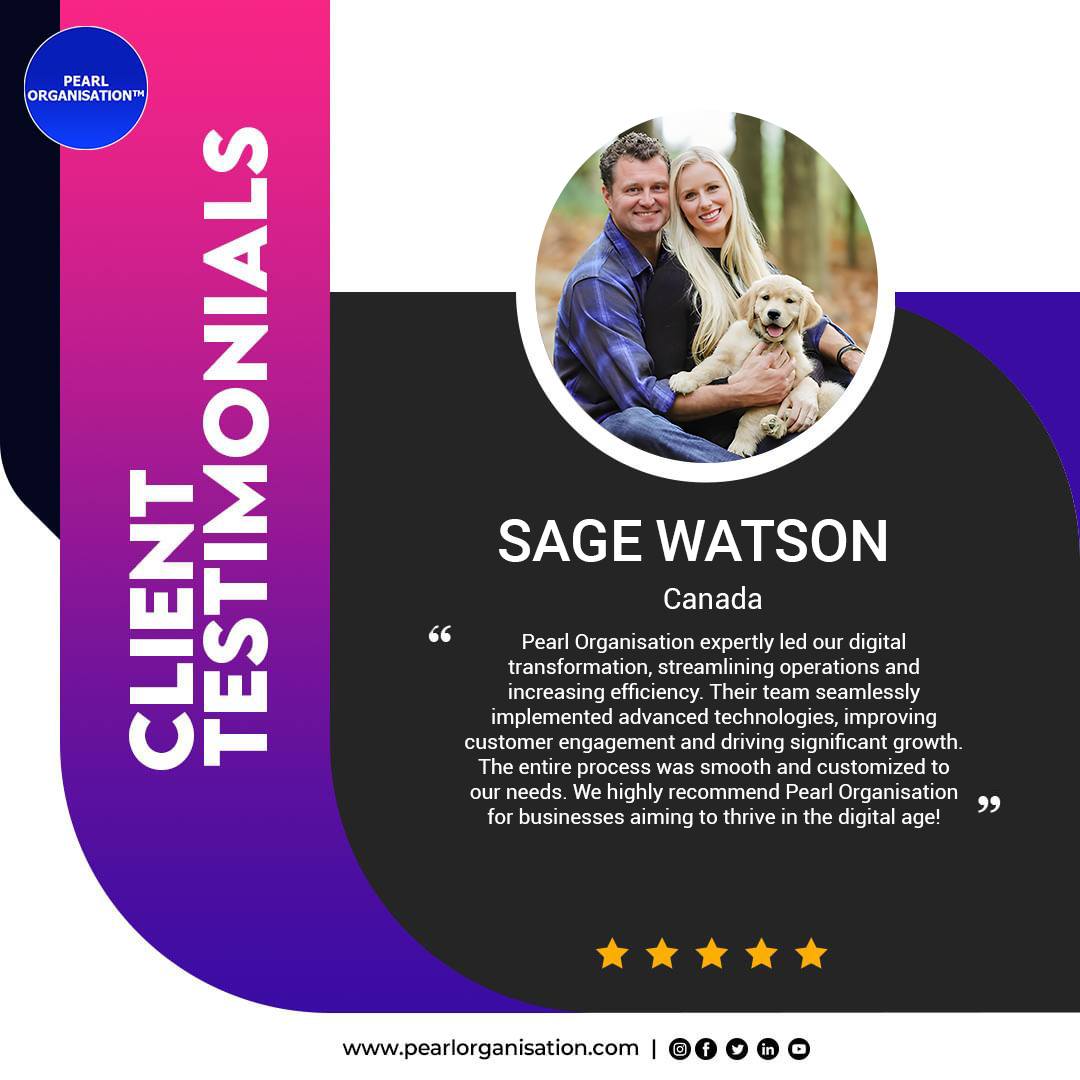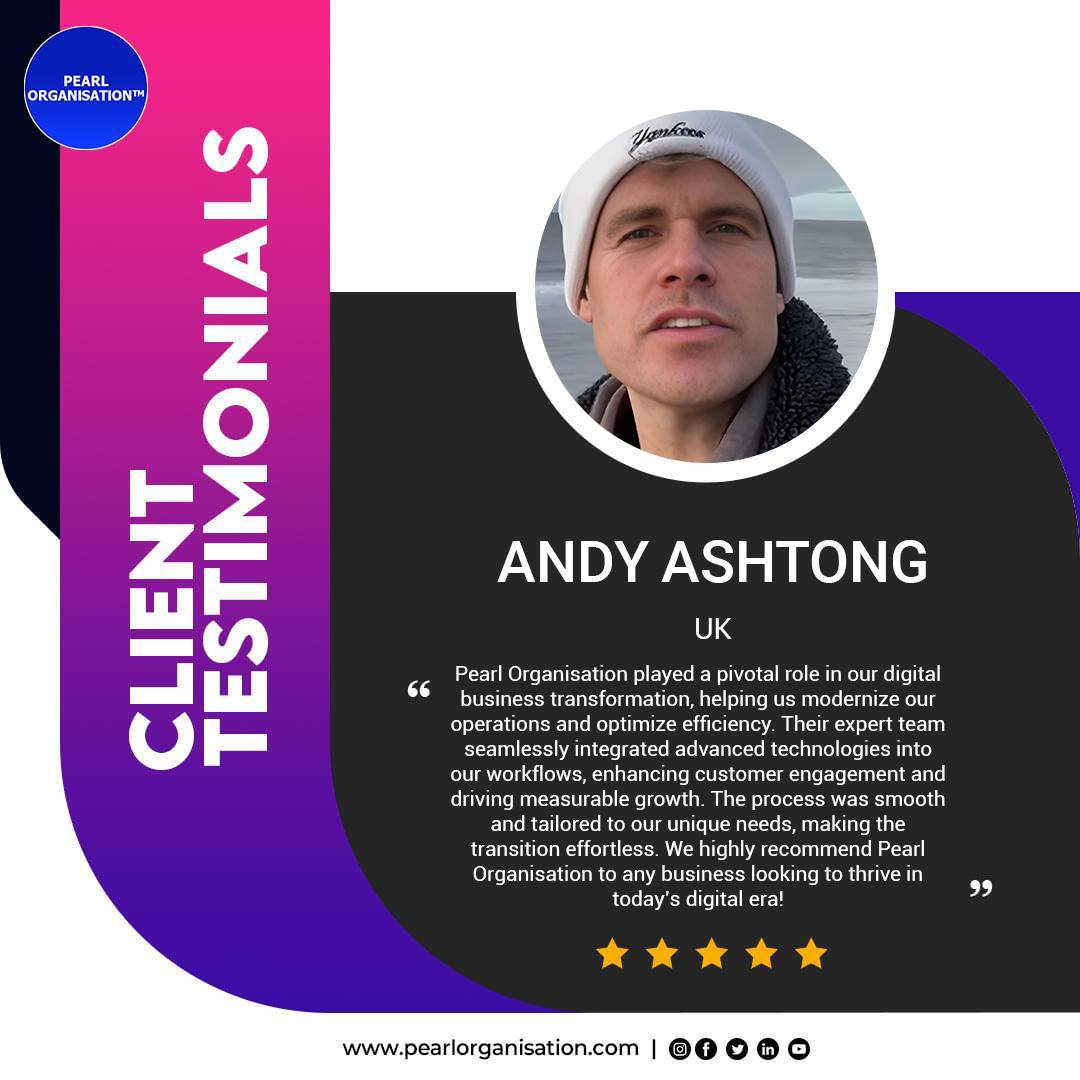Custom vs. Shopify/WooCommerce: Which E-commerce Platform Is Right for You?
- Larrisa

- Jun 18, 2025
- 6 min read

Introduction
Choosing the right e-commerce platform is more than just picking a tool—it’s about selecting the foundation of your digital business strategy. Whether you’re an ambitious startup, a growing B2B distributor, or a global D2C brand, the platform you choose will affect everything from site speed and SEO to customer experience and operational efficiency.
At Pearl Organisation, we offer deep expertise in custom e-commerce solutions, as well as robust builds on Shopify and WooCommerce. This article unpacks the strengths, limitations, and ideal use cases of each option so you can make a well-informed decision based on your business model—not marketing hype.
Understanding the Core Platforms
🔧 Custom E-commerce Solutions
Custom-built platforms are tailored from the ground up, typically using frameworks like Laravel, React, Node.js, or Python/Django. They are engineered specifically for businesses with unique workflows, multi-tiered pricing, hybrid B2B/D2C requirements, or large-scale logistics models.
“You own the code, the logic, the UI, and the scalability roadmap.”
🛍️ Shopify
Shopify is a closed-source, cloud-based SaaS platform known for its fast deployment, beautiful themes, and extensive app marketplace. It's ideal for merchants looking for plug-and-play functionality and minimal technical overhead.
“Built for fast launches and user-friendly eCommerce management.”
🔌 WooCommerce
WooCommerce is an open-source plugin that turns WordPress sites into e-commerce stores. It’s flexible, widely supported, and highly customizable—ideal for businesses already invested in WordPress.
“Freedom of customization with the familiarity of WordPress.”
Section 1: Development Time, Control & Launch Agility
Feature | Custom Platform | Shopify | WooCommerce |
Launch Time | 8–16+ weeks | 1–2 weeks | 2–4 weeks |
Technical Ownership | Full (you own everything) | Limited to theme/custom apps | Open-source + self-hosted |
Control Over UI/UX | Pixel-perfect freedom | Template-based (editable) | Highly customizable (but plugin-limited) |
Maintenance | Developer-managed | Shopify-managed | Self-managed or via agency |
Pearl Organisation Insight:
Shopify accelerates MVPs, but custom development offers full product control, especially for unique user journeys or headless commerce needs.
Section 2: Features, Flexibility & Business Logic
Feature Type | Custom Build | Shopify | WooCommerce |
Complex Product Logic | Fully customizable | Limited without heavy app dependencies | Moderate (via plugins & dev) |
Multi-Vendor Support | Native through custom dev | Available via apps (Shopify Plus) | Yes (Dokan, WC Vendors, etc.) |
Dynamic Pricing / Discounts | Any logic possible | Discount codes and app-limited logic | Available via extensions |
Custom Checkout Flows | Fully configurable | Very limited (especially for cart logic) | Available but requires dev effort |
Scalability | Cloud-native / horizontal scaling | Scalable (tier-based plans) | Requires optimized hosting |
Pearl Organisation Note:
We design tailored e-commerce platforms for businesses needing custom workflows, such as:
Section 3: Security, Compliance, and Hosting
Parameter | Custom Build (Pearl-Hosted) | Shopify | WooCommerce |
Hosting Control | Full (Dedicated / Cloud VPS) | Shopify-managed (SaaS) | User-managed (cPanel/Cloud/etc.) |
Security | Hardened via best practices (WAF, SSL, audit logs) | PCI-compliant & secure | Depends on hosting & plugin use |
Data Ownership | 100% yours | Shared under Shopify’s ToS | 100% yours |
Compliance | HIPAA, GDPR, ISO, Custom Policies | GDPR-ready, limited HIPAA | GDPR-ready, PCI requires effort |
Pearl Organisation Advantage:
Our security-first development includes SSL, token-based auth, 2FA, and role-based access, ensuring platform resilience for regulated industries like healthcare, education, or fintech.
Section 4: SEO & Digital Marketing Capabilities
Area | Custom Build | Shopify | WooCommerce |
On-Page SEO | Full meta + schema control | Decent, some limits | Full control |
Technical SEO | Custom robots.txt, sitemap | App/plugin-reliant | Fully accessible |
Page Speed | Fully optimized (depends on code) | SaaS optimized | Depends on hosting |
Blogging/Content | Fully customizable | Basic built-in blog | Full WordPress capability |
Pearl Organisation SEO Edge:
Our custom solutions support advanced SEO frameworks, including:
We also manage Shopify SEO limitations (like duplicate content and no checkout URL control) through custom scripts and app integration.
Section 5: Cost of Ownership
Cost Factor | Custom Build (One-Time + AMC) | Shopify (Recurring) | WooCommerce (Hosting + Plugins) |
Initial Setup | ₹3.5L – ₹15L+ | ₹20K – ₹1.5L+ | ₹10K – ₹80K |
Monthly Hosting | ₹2K – ₹20K | Included in plans | ₹500 – ₹5K |
Third-Party Apps | Custom integrations | ₹500–₹5K per app/month | ₹0–₹10K/year in plugins |
Maintenance/Updates | Optional AMC (Pearl) | Shopify handles core | Client/Agency handles |
Pearl Organisation Recommendation:
Go with Shopify if you need a rapid launch and low dev effort
Choose WooCommerce if you want open-source flexibility without deep pockets
Invest in Custom if long-term control, logic, and brand experience matter
Pearl Organisation’s Unique Approach to E-commerce Projects
We help clients build high-performing e-commerce platforms that don’t just look good, but convert, scale, and simplify operations.
✅ End-to-end discovery workshops
✅ Custom wireframes, prototypes, and journey design
✅ Laravel, React, or hybrid stack implementation
✅ Shopify or WooCommerce theme customization, plugin/app development
✅ API-level integrations with CRM, ERP, or payment systems
✅ Cloud deployment, SEO optimization, and analytics setup
✅ AMC and performance audits post-launch
Conclusion: Which Platform Is Right for You?
If You Want… | Platform Suggestion |
Launch in 7 days with minimal tech | ✅ Shopify |
WordPress familiarity and open-source freedom | ✅ WooCommerce |
Custom logic, full brand control, and scalability | ✅ Custom Development |
Whether you’re building an e-commerce marketplace, a subscription-based model, a wholesale solution, or a headless storefront—Pearl Organisation ensures your platform is fast, scalable, SEO-optimized, and business-ready.
📩 Get your personalized e-commerce consultation today.
💬 Frequently Asked Questions (FAQs)
Q1. What is the main difference between a custom-built e-commerce platform and Shopify or WooCommerce?
A custom-built e-commerce platform is developed from scratch to match your exact business needs, offering complete control over features, design, and scalability. In contrast, Shopify is a closed SaaS-based platform ideal for quick launches with built-in features, while WooCommerce is a plugin that converts a WordPress site into a flexible online store.
Custom = Full control, high scalability, unique workflows
Shopify = Speed, simplicity, app-based limitations
WooCommerce = WordPress-friendly, plugin-driven customization
Q2. Which platform is better for SEO: Custom, Shopify, or WooCommerce?
Custom platforms offer the highest degree of technical SEO flexibility, including advanced schema markup, fast page rendering, custom URL structuring, and mobile-first layouts.
WooCommerce has excellent SEO potential when combined with tools like Yoast SEO, assuming the hosting and plugin ecosystem is optimized.
Shopify is good for basic SEO but has limitations such as restricted access to robot.txt files, non-customizable checkout URLs, and duplicate content issues (especially with variants).
Verdict: For advanced SEO and performance tuning, custom and WooCommerce are better than Shopify.
Q3. Can I migrate from Shopify or WooCommerce to a custom solution later?
Yes. At Pearl Organisation, we offer seamless platform migration services including:
Product and customer data export/import
Redirect management and SEO retention
Payment gateway re-integration
UI/UX upgrade while retaining brand consistency
Performance and database optimization in the new setup
Our migration ensures minimal downtime and no data loss during transition.
Q4. Which platform is best for high-volume stores or enterprise use?
A custom-built platform is best suited for enterprise-level stores or businesses with:
While Shopify Plus can handle volume to an extent, it lacks the flexibility and control that enterprises often require.
Q5. Are Shopify and WooCommerce PCI-DSS compliant?
Shopify is fully PCI-DSS Level 1 compliant out-of-the-box.
WooCommerce is not PCI-compliant by default—you’ll need to configure hosting, SSL, payment gateways, and server security to achieve compliance.
Custom builds by Pearl Organisation are designed with PCI, GDPR, and regional compliance (like Australian Privacy Principles) in mind.
Q6. How much does it cost to build a custom e-commerce platform?
Custom development costs vary depending on scope, complexity, and integrations. On average:
Basic store with custom UI and payment integration: ₹3.5L–₹6L
Advanced store with product configurators, dashboards, and ERP sync: ₹6L–₹12L
Enterprise e-commerce platforms with custom APIs, multi-vendor logic, and DevOps integration: ₹12L–₹25L+
At Pearl Organisation, we provide milestone-based billing and transparent estimates tailored to your project vision.
Q7. Which platform is easier to maintain for non-technical users?
Shopify is the most user-friendly and doesn't require technical skills for day-to-day tasks like adding products, updating pricing, or managing orders.
WooCommerce is relatively easy but requires some familiarity with WordPress.
Custom platforms require a learning curve but can be built with role-based admin panels and training documentation to make management intuitive.
Pearl Organisation also offers ongoing maintenance contracts (AMC) for custom and WooCommerce platforms.
Q8. Is it possible to integrate a blog or content marketing engine on all three platforms?
Yes, but capabilities vary:
WooCommerce inherits the full power of WordPress blogging
Shopify includes a basic blog module, which is limited but usable
Custom platforms can be integrated with CMS modules (headless WordPress, Sanity.io, Strapi) for advanced content strategies
We recommend custom or WooCommerce if content marketing is a core part of your eCommerce growth plan.
Q9. Can Pearl Organisation help with performance optimization and speed improvements?
Absolutely. Whether you choose a custom build or a third-party platform, our team optimizes:
A fast website directly improves user experience and conversion rates.
Q10. Which platform gives me better control over the checkout and payment process?
Custom-built platforms allow full checkout customization—multi-step flows, guest checkout, wallet integrations, tax logic, upsells, and geo-based rules.
WooCommerce allows moderate control with plugins and custom PHP modifications.
Shopify’s checkout is highly restricted unless you subscribe to Shopify Plus.
Pearl Recommendation: If checkout flexibility is critical (e.g., custom B2B rules, dynamic shipping/tax), go custom or WooCommerce.




























